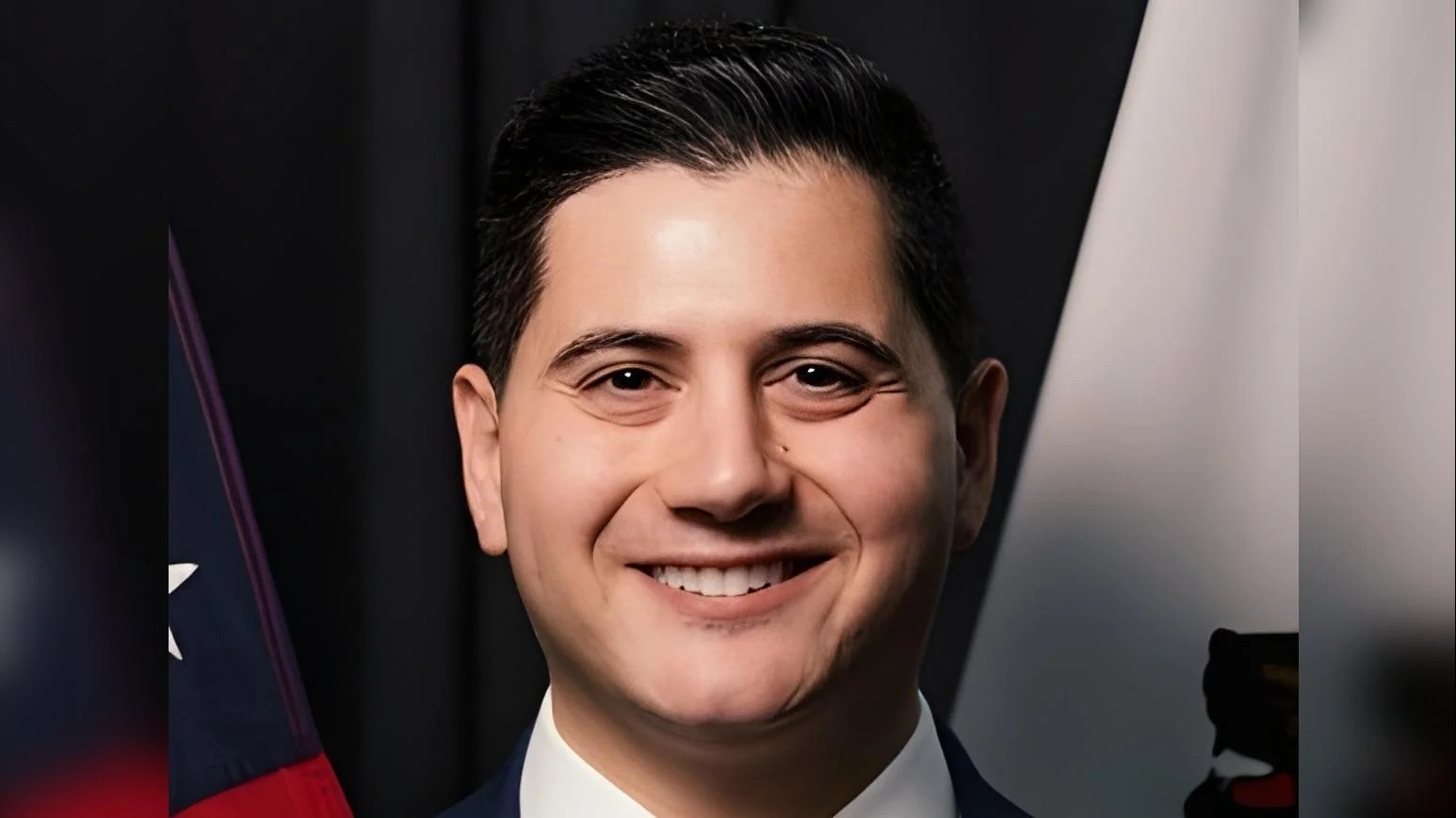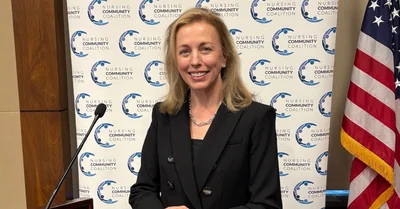A Los Angeles-based clothing wholesaler and two of its executives have been sentenced for their roles in a scheme that involved laundering money, evading customs duties, and failing to report millions in cash transactions. The sentencing was announced by the Justice Department.
C’est Toi Jeans Inc. (CTJ), which imports apparel from China and other countries and exports to clients in Mexico, Central America, and South America, received five years of probation from United States District Judge Mark C. Scarsi. The company was also ordered to pay an $11.5 million fine and more than $15 million in restitution while being subject to federal monitoring.
Si Oh Rhew, 71, CTJ’s president and majority owner, was sentenced to 103 months in federal prison. He was fined $8 million and ordered to pay over $19 million in restitution. Lance Rhew, 38, Si Oh Rhew’s son and a CTJ corporate officer who also owned GLLR Inc., was sentenced to 84 months in prison with a $500,000 fine and an order for restitution.
The company accepted large sums of U.S. currency as payment for invoices. This cash originated from drug trafficking activities and was delivered by couriers not directly connected to CTJ or its customers. According to authorities, both CTJ and Si Oh Rhew failed to file the required currency transaction reports for amounts exceeding $10,000 and concealed these cash receipts from their accountant. This led to omitting more than $17 million in gross sales from tax filings with the IRS.
The defendants also avoided paying proper customs duties by submitting false information about the value of imported garments from overseas manufacturers such as those in China. As a result, they reduced import duties owed on shipments into the United States.
Court documents indicate that the defendants sent 515 wire transfers totaling more than $137 million to overseas suppliers for undervalued goods. The undervaluation exceeded $51 million overall, resulting in approximately $8.4 million in unpaid tariffs due to U.S. Customs and Border Protection.
After a six-week trial that concluded in October 2024, CTJ and Si Oh Rhew were found guilty by a jury of conspiracy charges as well as multiple counts related to failing to file reports on large currency transactions within a business context. All three defendants were convicted on counts involving entry of falsely classified goods, making false statements during entry of goods into the country, passing fraudulent documents through customs offices, and international promotional money laundering.
Additional convictions included concealment money laundering involving drug proceeds for CTJ; aiding or procuring false tax returns for both Si Oh Rhew (two counts) and Lance Rhew (one count); as well as one conspiracy count against Lance Rhew.
The jury acquitted the defendants on some additional charges—such as two concealment money laundering counts against CTJ—and several counts related to failure by Lance Rhew to file reports on currency transactions outside financial businesses.
The investigation involved Homeland Security Investigations (HSI), IRS-Criminal Investigation, U.S. Customs and Border Protection, several local police departments across Southern California—including Monterey Park, El Segundo, Long Beach, Los Angeles, Gardena, and West Covina—and formed part of Operation Take Back America: an initiative aiming at combating illegal immigration networks and transnational criminal organizations across the nation using all available resources from the Department of Justice.
This case was handled by the HSI-led El Camino Real Financial Crimes Task Force—a multi-agency group focusing on financial crimes within Southern California.
Assistant United States Attorneys Lana Morton Owens (Transnational Organized Crime Section) and James E. Dochterman (Asset Forfeiture and Recovery Section) prosecuted the case.





